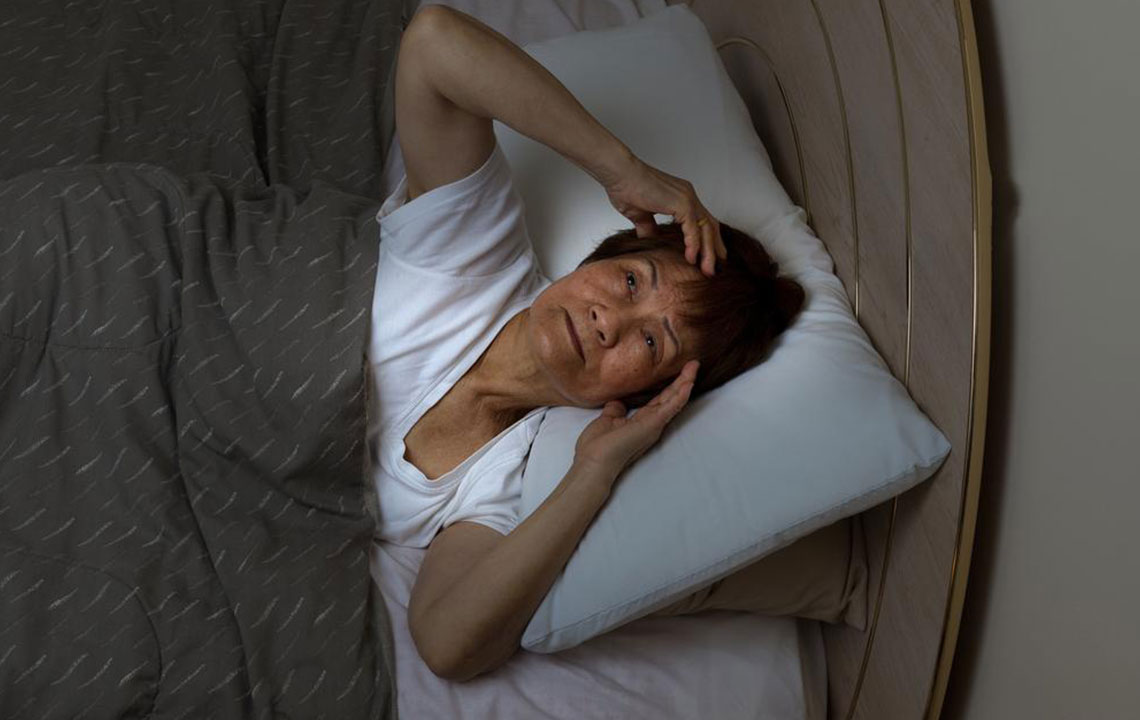Sleep disorders – Diagnosis and treatment
There are about 17 or so sleep disorders varying from teeth grinding and bed wetting to far more severe, like fear of falling asleep. Many have serious underlying causes or are indicative of their beginning. It is not within the scope of this write-up to deal all of them and is confined to REM sleep disorders. The fundamental cause for this appears to be that the nerve pathways in the brain fail to prevent the movements of limbs during REM sleep. Normally there is a temporary paralysis of the locomotor system during REM sleep.
Above 50 years, brain disease or use of certain tranquilizers in youngsters, certain brain degenerative diseases like Parkinson’s, dementia with Lewy body or multiple system atrophy and Narcolepsy are just some of the disorders.

International Classification of Sleep Disorder has set certain criteria to identify the myriads of sleep disorders. Diagnosis is, therefore, based on the presented symptoms conforming to these rules. The criteria for REM sleep disorder specifies that the patient exhibits repeated arousals in sleep where one talks, make noises or perform complex motor behavior like kicking, punching or running movements that often relates to the contents of the dream.
The patient recalls dreams associated with these movements or sounds. If the patient is fully alert, not confused or disoriented if he wakes up during the dreaming episode. A polysomnogram shows increased muscular activity during REM sleep.
The treatment is to ensure the safety of the patient and sleep partner from physical injury. Removing all objects that can cause physical injury to either, even remotely, clutter in the bed room and pad the surrounding of the bed or protect the windows.
Commonly there are two medicines that are prescribed, and both seem to be equally effective. However, the anxiety drug has some side reactions like loss of balance, sleepiness in daytime and worsening sleep apnea. The other is a dietary supplement which helps reduce or even eliminate the symptoms. Search for better and more efficient ones are ongoing.

